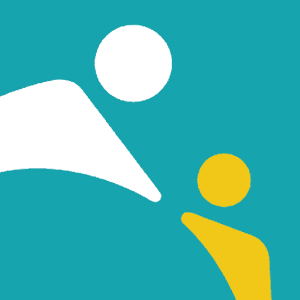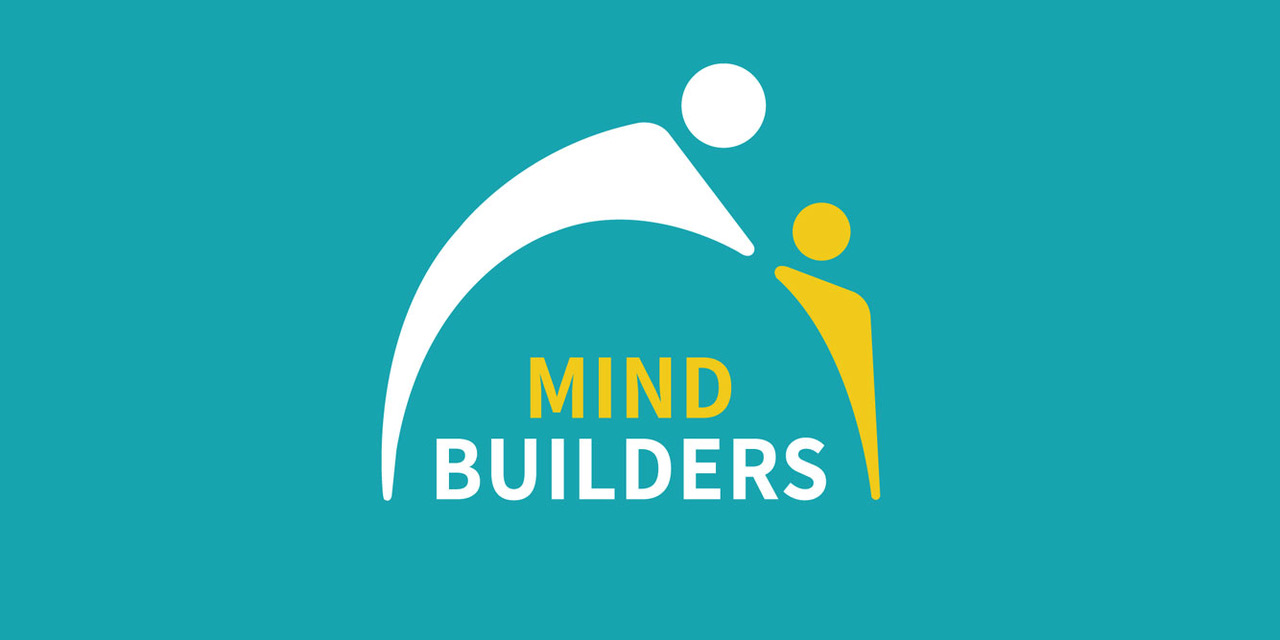
How can we help the child to join in?
Are you worried because your child
- does not participate and has no interest in playing with you?
- does not come when you call them and does not listen when you talk to them?
- does not speak like other children his age with no, or only a few, words?
This is a common problem. Some children have difficulty in basic early development with interest in the world and relationships with other people, with interactive play and learning to talk. The adults are often distressed because the child does not want to play with them and does not seem to understand the world, and are urgently looking for for support to help their child.
In this chapter show I will show you how to better understand your child and support the development of their interest in the world, relationships and language through interactive play.
Your child can learn to want to join in with interest in the world!
 We are so happy about his good development
We are so happy about his good development
Sunil was very passive and not interested in anything. He did not talk or play. Mostly he ran back and forth, jumped or lay around. His parents took pity on him and did everything they could to make it easy for him. They had turned down offers of behavioral training. When they heard about a relationship-based developmental approach and heard Floortime, they were amazed to see that children with behaviors similar to Sunil's could develop so favorably.
His parents are now well acquainted with the Floortime development ladder, understand their child much better and Sunil begins to speak his first words. Mith the playful help of his parents, he has gone from a passive child to a relatively active boy with some problem-solving and mischievous skills in just over a year. The parents are happy: "Now you can play with him and have fun. We are so happy about his good development!"
Sunil, 3 years
Boy with autistic-like behaviours
How can you help your child:
In this chapter, we look at the socio-emotional development of a child and how you can better understand and provide relational support for a child with autistic-like behaviors, autism, or an autism diagnosis. It contains in short texts much that I have learned over 40 years about a relational approach to development and in my own training, including DIRFloortime, PLAY-Project, Self-Reg and from many experienced colleagues. and would like to make them available here, many of them for the first time in German.
This chapter consists of 9 lessons in which I show you, How to help your child develop interest in the world and relationships through interactive play, and learn to play and talk. Each chapter contains
- Overview & practical tips, to nurture a child from a relational perspective.
- Examples & real stories about the interactive developmental progress of children
- Strategies & Interaction Techniques on relationship building and support for communication and language
- Practical tips for interactive game ideas for a joyful togetherness, who are emotionally responsive to the child
- Checklists as PDF for download
Some of the things in this chapter may surprise you and invite you to engage with the child in new and perhaps unfamiliar ways with the goal of finding joyful togetherness, because 'when you see a child differently, you see a different child!'
Lesson 1: The SOCIAL-EMOTIONAL DEVELOPMENT OF PLAY & LANGUAGE
Relationships are The Key to Talking, Learning and Playing
Lesson 2: The BRAIN changes through EXPERIENCE
The brain is an organ for social adaptation
Lesson 3: VALUE THE INDIVIDUAL DIFFERENCES
Sensory processing to experience the world
Lesson 4: From CO-REGULATION to SELF-REGULATION
Security in a relationship is the basis for self-regulation
Lesson 5: INTEREST & Emotional COMMUNICATION
Attention; feeling safe & emotional involvement
Lesson 6: LANGUAGE DEVELOPMENT starts with INTERACTION
Speaking begins with the feeling of being understood without words
Lesson 7: DIALOGUE & Shared EXPERIENCES
Intentional emotional back-and-forth rhythms, gestures & first words.
Lesson 8: Growing up MULTILINGUAL
Should you use English, the national language or the family language/native language?
Lesson 9: CONNECT IDEAS meaningfully & TALK ABOUT IT
Creating symbols, using words & emotional thinking

